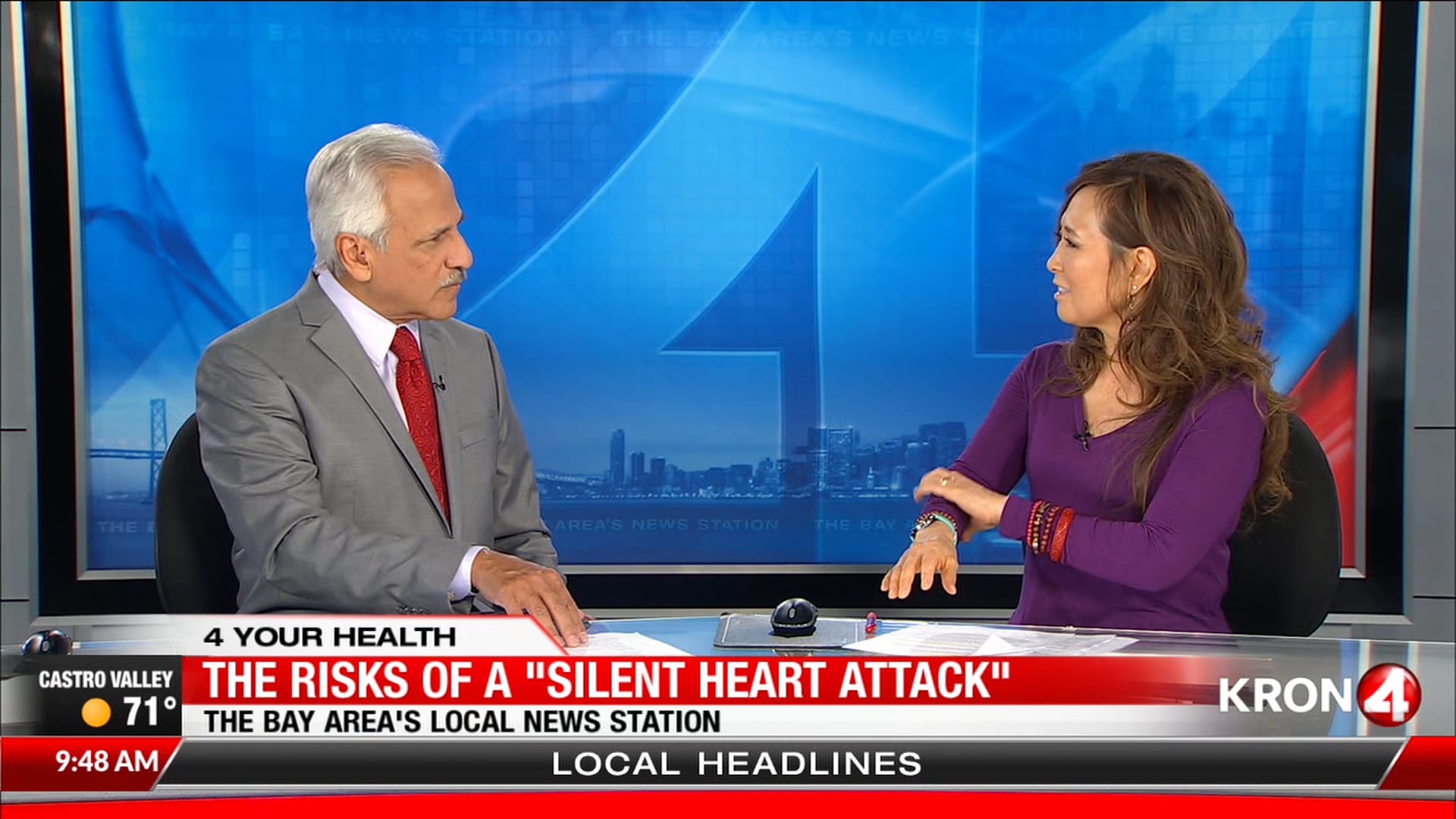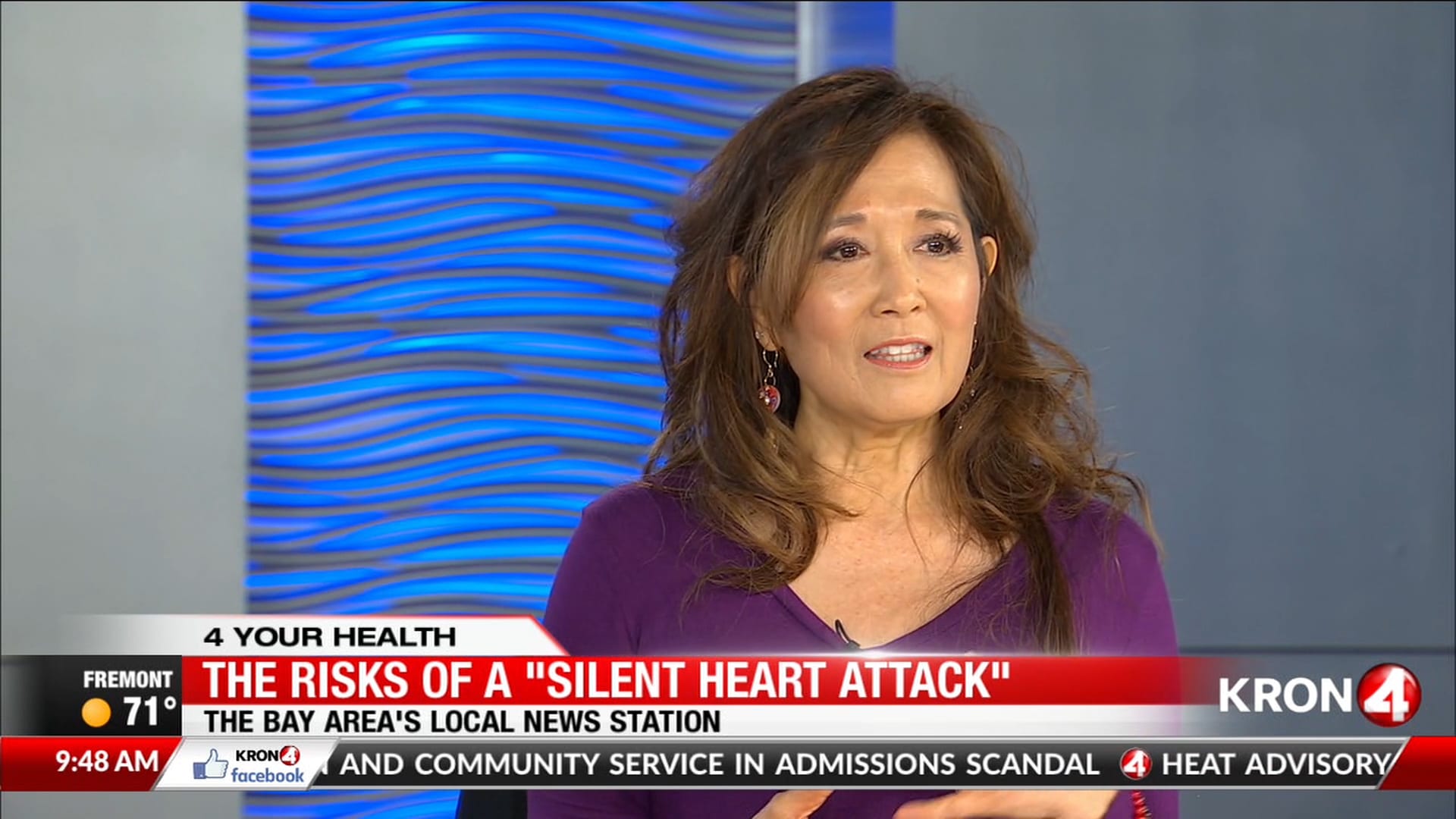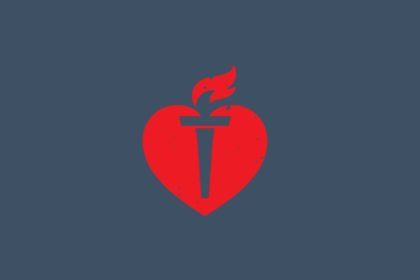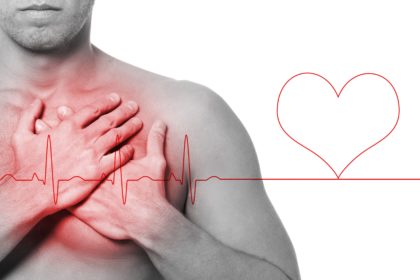Many people know the “classic” symptoms of a heart attack, but sometimes those symptoms are silent. Does that mean it’s less dangerous?
The Silent Heart Attack
One-quarter of heart attack patients say they experienced NO symptoms or different symptoms. Some never find out until a test reveals tissue damage in the heart.

Some don’t find out until they experience symptoms of heart failure, such as:
- Shortness of breath (dyspnea)
- Shortness of breath when bending over (bendopnea)
- Leg swelling (edema)
- Heart palpitations (arrhythmias)
- Fainting (syncope)
A silent heart attack is just as dangerous as a heart attack with full symptoms.
When you’re symptomatic, you seek medical attention, but if you don’t know you’re having a heart attack, you don’t get treatment. Without immediate treatment, you can end up with more heart damage and complications in the future.
If you DO seek medical attention, it could be several days (or weeks) until you get an appointment. If you complain of indigestion or shoulder ache, for example, your doctor may not think heart attack, especially if your symptoms have improved.
Classic Hallmark Symptoms of a Heart Attack
The medical term for heart attack is “myocardial infarction”. Myocardium = heart muscle. Infarction = tissue death. A heart attack is literally “death of heart muscle” which occurs when a portion of the heart is starved of oxygen.
Classic symptoms include:
- Heaviness, tightness or pressure in the chest (left of center)
- Shortness of breath
- Sweating (cold and clammy)
- Intense pain radiating down the arm and/or jaw
- Nausea/vomiting
Female Heart Attack Symptoms
Women tend to have different symptoms that aren’t the typical classic symptoms. Their symptoms, such as fatigue, heartburn, dizziness, weakness, back pain, or muscle strain, are often mistaken for something else. This is especially true for younger women.
A Circulation study showed that 43% of women do NOT experience acute chest pain at all during a heart attack. [See Why Heart Attacks are the #1 Killer of Women]
Other ‘Quiet’ Heart Attack Symptoms
Subtle symptoms of a heart attack are often dismissed as something less serious, such as:
- Arm or neck ache (mistaken for a pulled muscle)
- Shortness of breath (mistaken for a respiratory/pulmonary issue, not a heart problem)
- Extreme fatigue
- Vague, indescribable feeling
- Indigestion
When people experience these symptoms, they expect them to go away and they often do. If it’s a heart attack, it causes PERMANENT DAMAGE to the heart evidenced by scarring of the heart (myocardial scarring).
Who’s at Risk for a Silent Heart Attack?
Those at risk for a full-symptom heart attack are also at risk for a silent one. A silent heart attack does NOT mean it is less severe or less dangerous and that you can postpone seeking immediate medical treatment.
1. Men are more prone to having silent heart attacks than women.
2. Diabetics are twice as likely to have heart disease than those with normal blood glucose levels. Diabetics* also tend to have silent heart attacks or atypical symptoms. That’s because diabetes have damaged nerve endings from high circulating blood glucose levels which can affect pain sensation.
*In a National Institutes of Health study of 936 older adults, 21% of the diabetic subjects had silent heart attacks compared to 14% without diabetes.
3. Open-heart surgery patients also have a higher risk of having a silent heart attack due to changes in the perception of pain.
4. Hypertensive patients (people with high blood pressure)
If you suspect that you may have had a silent heart attack, seek immediate medical attention for an evaluation.
Silent Heart Attacks Are Still a Mystery
Cardiologists are still trying to learn more as to why people don’t feel their chest pain during a heart attack.
![]() Karen’s Fit Tip: Listen to your body and intuition. Don’t ignore subtle symptoms. It’s much better to go to the hospital and confirm it’s something else like acid reflux. If it’s a heart attack, you may need emergency invasive treatment to open up a blockage in an artery and/or need appropriate medications.
Karen’s Fit Tip: Listen to your body and intuition. Don’t ignore subtle symptoms. It’s much better to go to the hospital and confirm it’s something else like acid reflux. If it’s a heart attack, you may need emergency invasive treatment to open up a blockage in an artery and/or need appropriate medications.

xo





